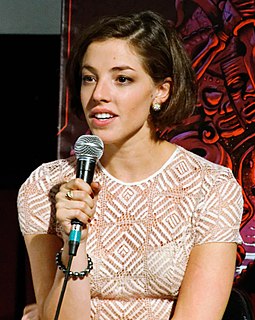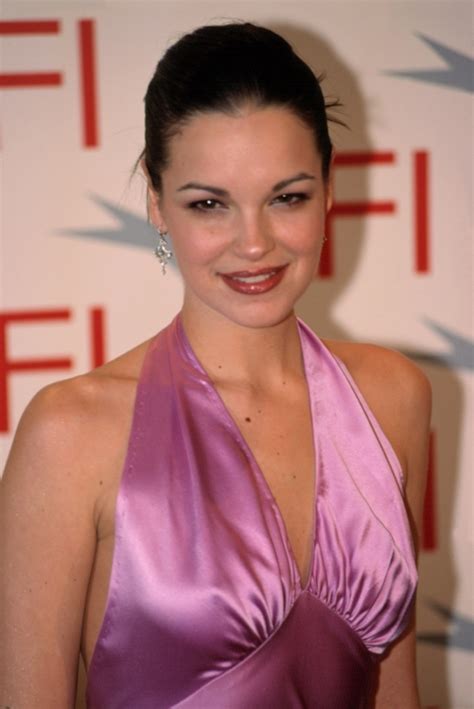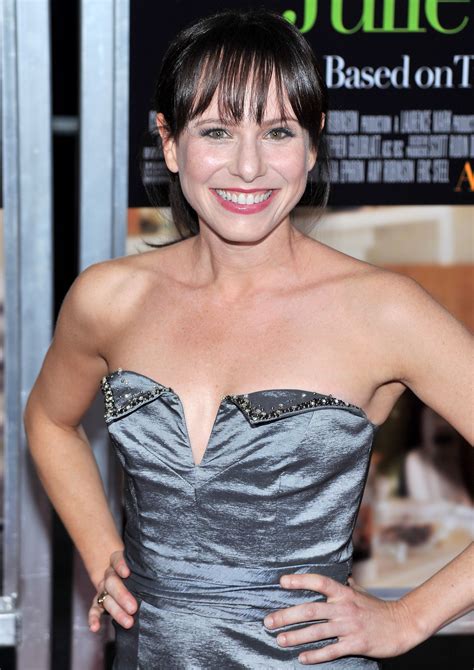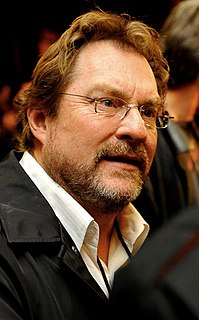A Quote by Meital Dohan
What happens in Israel, it's not so divided between being a film actor, or a TV actor - usually, we just do everything. I do theater, film, and television, and the theater is mostly financed by the government.
Quote Topics
Related Quotes
People call me a theater actor, but I'm just an actor. But I tell my friends all the time - especially a lot that do theater and haven't done a lot of TV/film - that you have so much more control over your work onstage. When you go onstage, you can really see the difference between people who can really do it, and people who are just kind of pretending to do it. There is no editor, there's nothing that's going to stop the actor from showing what they can do unless it's not a well-written role.
Being an actor in TV or movies is different. A film or TV actor, if put in theatre, won't know certain dimensions, while a theatre actor won't know certain things when he comes before the camera. So I think a film actor can learn emoting from this theatre counterpart, while the theatre actor can learn about camera techniques from the film actor.


































